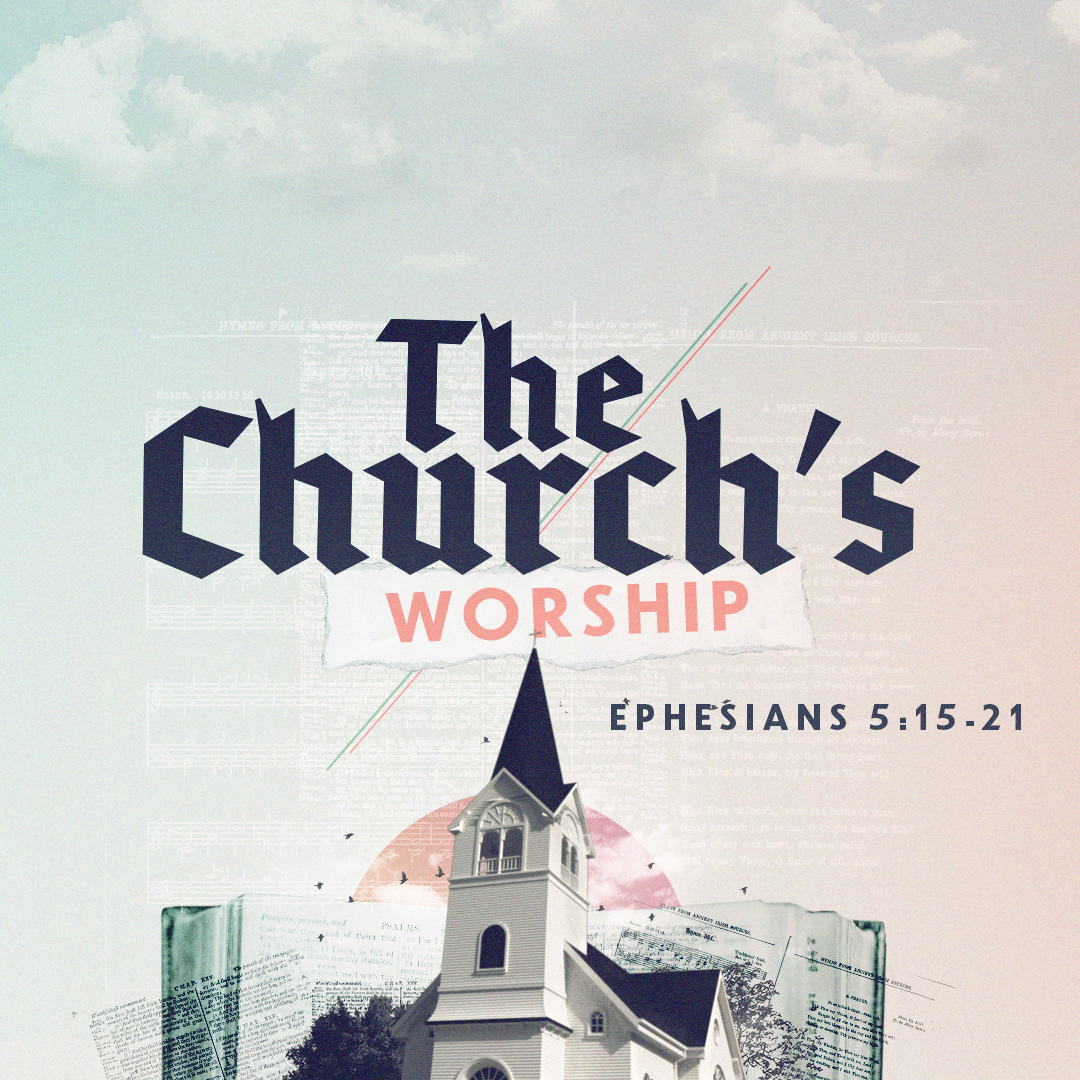All for the Kingdom
Sermon Podcast
Reboot: Remember who you were - Celebrate who you are, Ephesians 2:11-13
I was out of the pulpit on New Year's day, so this week's podcast is from the archives. I preached this sermon on January 4, 2020.
Surveys reveal that almost half of all American adults plan to make New Year's resolutions, the most common being exercising more. However, an analysis from Strava found that many give up on their resolution to exercise more as early as mid-January. Almost 11% of all gym memberships for the entire year are sold in January—greater than any other month.
New year resolutions generally come from recognizing something in our past that we do not like and desiring a better future. The great weakness of new year's resolutions is that they are founded on our strength and power. In Ephesians 2:11-19, Paul calls us to remember who we once were. He is not trying to motivate the church with a guilt trip or encouragement to try harder. Instead, he calls the church to remember who they were before salvation, who has saved them, and celebrate who they are now in Christ.
The Church's Ministry, Ephesians 4:11-16
When someone goes to school to learn a trade, the ultimate goal is to become proficient in the skill well enough to employ it to earn a living. When students choose their degree program in college, the intended purpose is to prepare for a career in a specific field.
Training for a job or studying for a future career are worthy endeavors and have a sense of anticipation for what is to come after the training is complete. However, if your goal were only to train but never to employ your skill, it would become a purposeless endeavor.
A ministry is something that serves as an agency, instrument, or means. The church's ministry is to equip and mature the saints for faithful service to the Lord. Ephesians 4:11-16 points to the role that church leaders have in equipping the saints and the command on all the members of the church to mature and grow.
The Church's Worship, Ephesians 5:15-21
Presently there is great confusion about the church’s ministry of worship. Today, many think of the worship ministry of the church as a product of consumption. Thus the main determining factor of attendance for many is founded on personal preferences of music style, preaching style, and formality or informality of the church’s liturgy. Attendance is not understood as an integral part of one’s spiritual life but rather an option equal to all other calendared events.
In this passage, Paul is writing to the church as to how they are to live and interact with other believers in the church. Verses 19 and 20, reference the public worship of the church and the whole passage is instructive for our understanding of worship.
The Name: Prince of Peace, Isaiah 9:6-7
The desire of every generation is world peace. Since the fall of man, there have been attempts, plans, and efforts to create lasting peace. There have been historic periods where there was reduced open hostility and conflict but not since Adam and Eve walked out of the garden has there been a moment of true lasting peace. The very first sin recorded in scripture after leaving the garden is murder.
It does not matter how strong your army is, or popular your government is, or wealthy your people are there will never be peace among men this side of heaven. But the news is worse than just the continued conflict between men. The Bible declares that our sin has made us enemies of God and under His righteous wrath. Man is not at peace with God.
The prophet Isaiah spoke to a rebellious and sinful people that there was coming a day when a child would be born – a son would be given that would cause the people who walk in darkness to see a great light and the people who are under the wrath of God to know peace through the Prince of peace.
Reset: Pray with Perseverance, Ephesians 6:18-20
This passage is part of Paul’s teaching on the armor of God – that you may be familiar with. As he describes all the “equipment” a Christian needs – belt of truth, breastplate of righteousness, sandals of the gospel of peace, shield of faith, helmet of salvation, and the sword of the Spirit – he gives the most attention to prayer (three verses 18-20).
Let us consider what Paul teaches us about prayer. Four times he uses the word “all” in his instruction on prayer. Prayer is not something that is an extracurricular activity. For Christians, prayer is part of our all in all. We are a people of prayer, who pray, and pray for all things at all times.
Expose Darkness with the Light of Truth, Ephesians 5:11
The cancer that is consuming the church today is a lack of concern for the danger of sin and the consequences sin brings. The cancer grows in our homes and in our personal lives as we grow comfortable with things, we know are wicked and contrary to the will of God, but we justify their presence by saying that they “are not that bad.” Or we find false comfort in the knowledge that others tolerate the same in their homes.
This cancer grows in our nation as well – as our nation grows ever more comfortable with open rebellion against the goodness of God’s created order and God’s authority to declare what is right and wrong. The great evil of our day is abortion. From this flows related evils of euthanasia, genocide, and human trafficking. If any life is not sacred, then no life is sacred.







